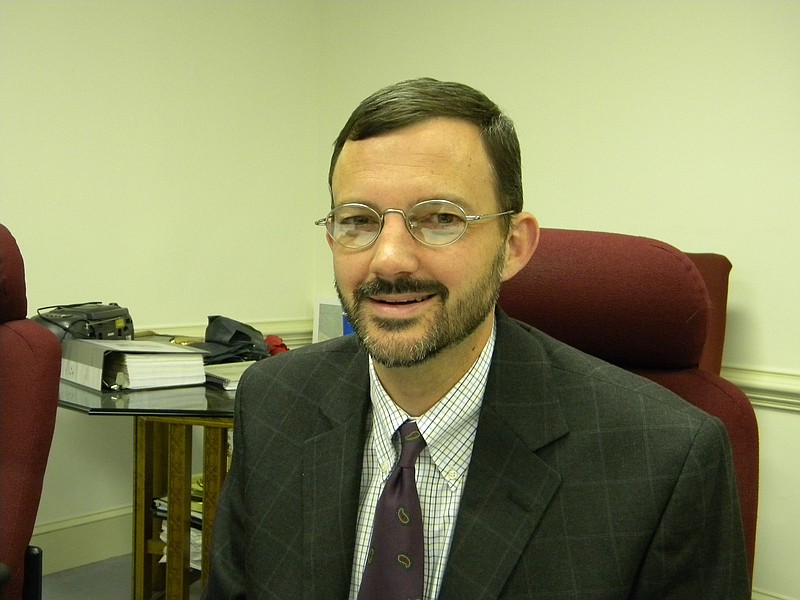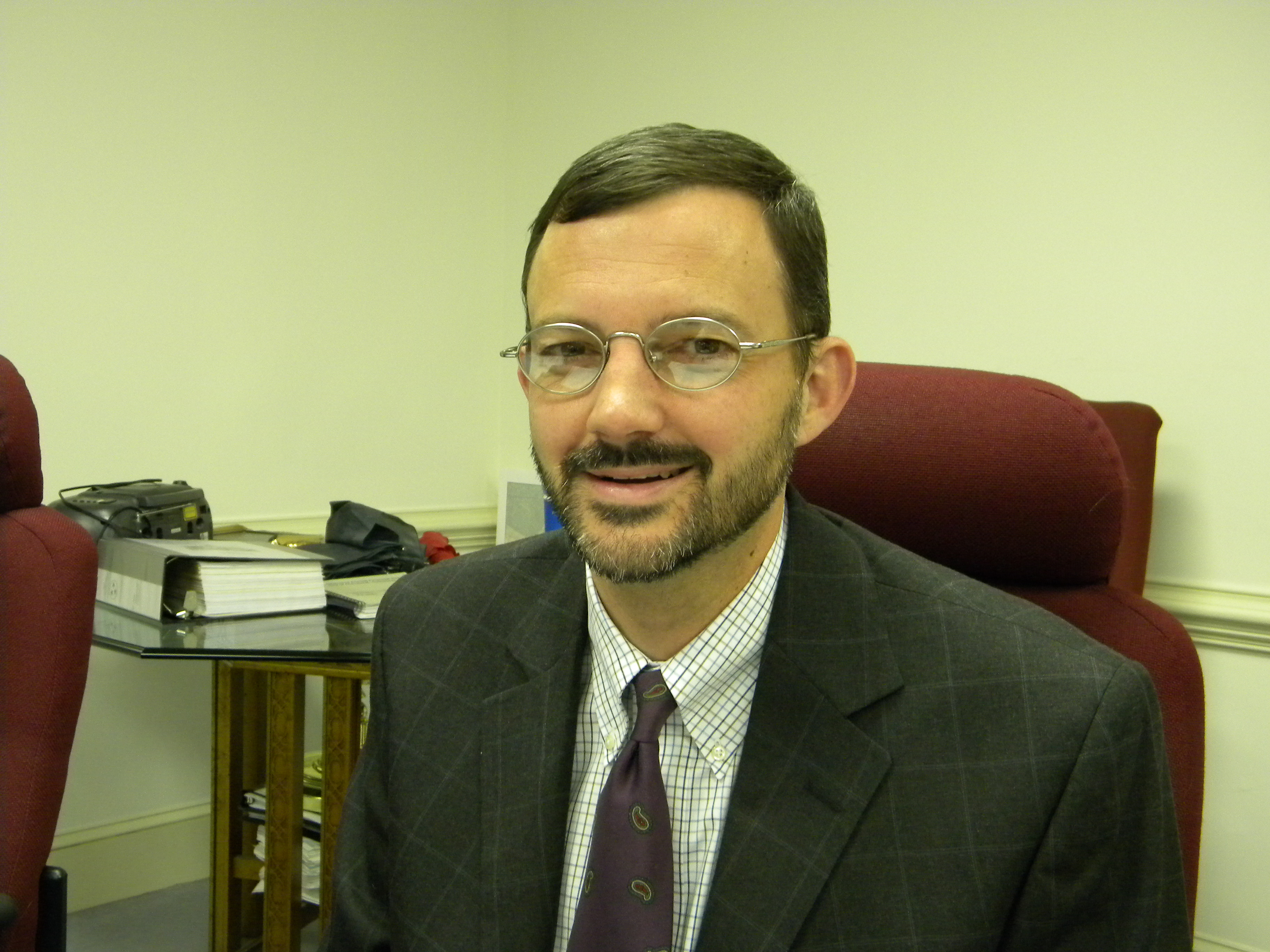CLEVELAND, Tenn. - When Cleveland's revised stormwater fees take effect in January, city leaders will consider adopting a package of adjustments, credits and - in some cases - exemptions to offset the new fees.
Revamping Cleveland's stormwater program has been a yearlong process in which Councilman Bill Estes has urged fellow councilmen and city staff to "take the time to do it right."
On Monday, the Cleveland City Council is scheduled to hear a presentation concerning a proposed stormwater credit and adjustment manual prepared by engineering consulting firm CDM Smith, and then vote.
The proposal includes credits for construction, operation and maintenance of privately-owned stormwater facilities, such as runoff detention sites and stream buffers. Credits on monthly bills generally would range from 10 percent to 25 percent, but could go up to 50 percent. Adjustments are for errors, omissions or corrections in billing.
For single family properties, owners could get credits for creating rain gardens and harvesting rain. The proposed manual defines a rain garden as "a landscaped area in a depression designed to capture and filter stormwater runoff from an impervious surface." Homeowners could get a 25 percent credit on their stormwater fees by creating rain gardens that drain at least 50 percent of the impervious surface on their properties.
Collecting rain in barrels or cisterns could net owners a 25 percent credit on stormwater bills.
Most private and public developed land in the city would is assessed the stormwater fee, though some properties might receive exemptions, according to the proposed manua. Those include undeveloped property in its natural state, developed property with less than 500 square feet of impervious surface area per individual lot, and railroad tracks.
Up to now, stormwater fees have been $1 a month for residential properties and $2 a month for nonresidential.
Under the new program, single family homes with between 1,776 square feet and 5,900 square feet of impervious area, described as the "Standard Family Unit," will be billed $3.25 per month, or $39 a year.
Owners of residential properties smaller than the Standard Family Unit will pay $1.65 a month, and larger ones will pay $4.90 per month.
Nonresidential properties will be assessed based on their impervious surface compared to the average Standard Family Unit, which is 3,827 square fee. A property measuring 10 times the average SFU will pay 10 times the SFU rate of $3.25.
Cleveland City Schools director Dr. Martin Ringstaff recently told school board members the school system will definitely seek stormwater credits, citing projected annual stormwater billing of $26,000.
"That's the cost of half a teacher's salary," said Ringstaff.
Paul Leach is based in Cleveland. Email him at paul.leach.press@gmail.com.

